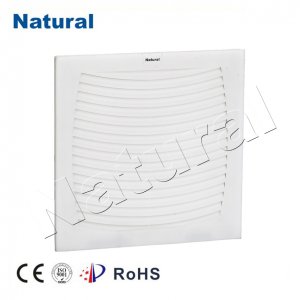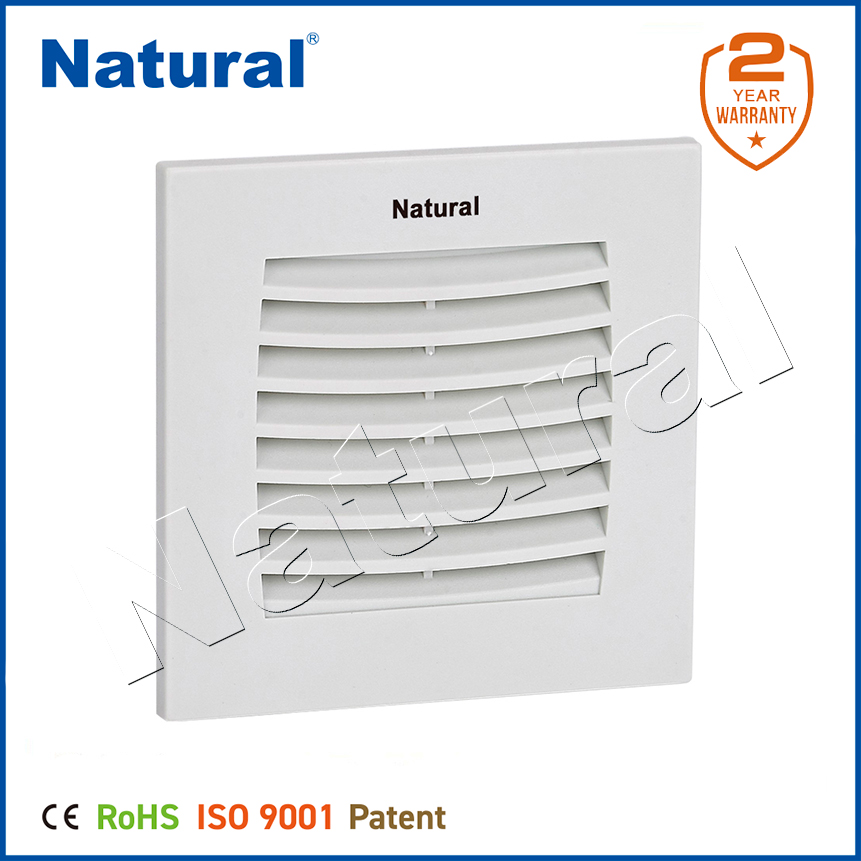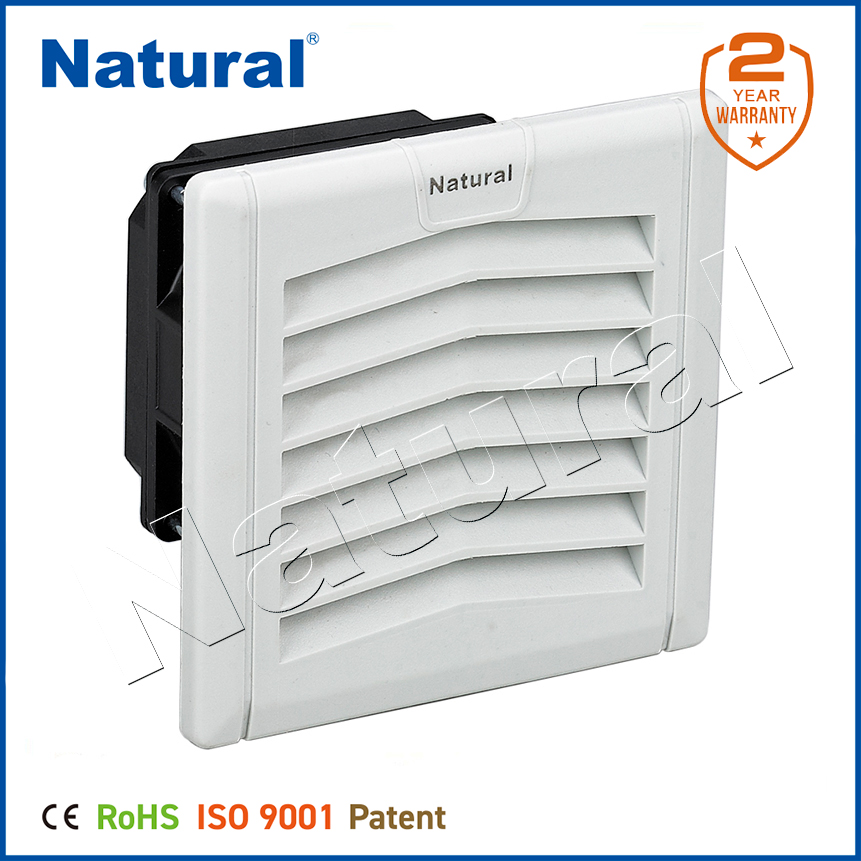In today’s world, ensuring good air quality has become a major concern due to increased pollution levels, especially in urban areas. Poor air quality can lead to a variety of health issues such as respiratory problems, allergies, and even long-term diseases. One of the most effective solutions to combat airborne pollutants is the use of HEPA filters in fan air systems for ventilation. These systems are designed to provide cleaner, healthier air by removing harmful particles and allergens from the environment.

What is a Fan Air System Ventilation HEPA Filter?

A Fan Air System Ventilation HEPA (High-Efficiency Particulate Air) filter is an advanced filtration system integrated into ventilation systems that helps in purifying indoor air. The system works by using a fan to circulate air through the HEPA filter, which is designed to capture microscopic particles as small as 0.3 microns with an efficiency of 99.97%. This includes dust, pollen, pet dander, smoke, mold spores, and other harmful particles that can negatively impact air quality. How Does It Work? The fan air system in the ventilation unit pulls in air from the surrounding environment. This air then passes through the HEPA filter, where particles are trapped in the filter’s dense mesh of fibers. The air that exits the system is cleaner and free from most particulate matter. The primary reason why HEPA filters are so effective is their dense, fine mesh, which works on the principle of physical filtration. As air passes through, the particles either stick to the fibers or are captured by their size.

Leave a Reply